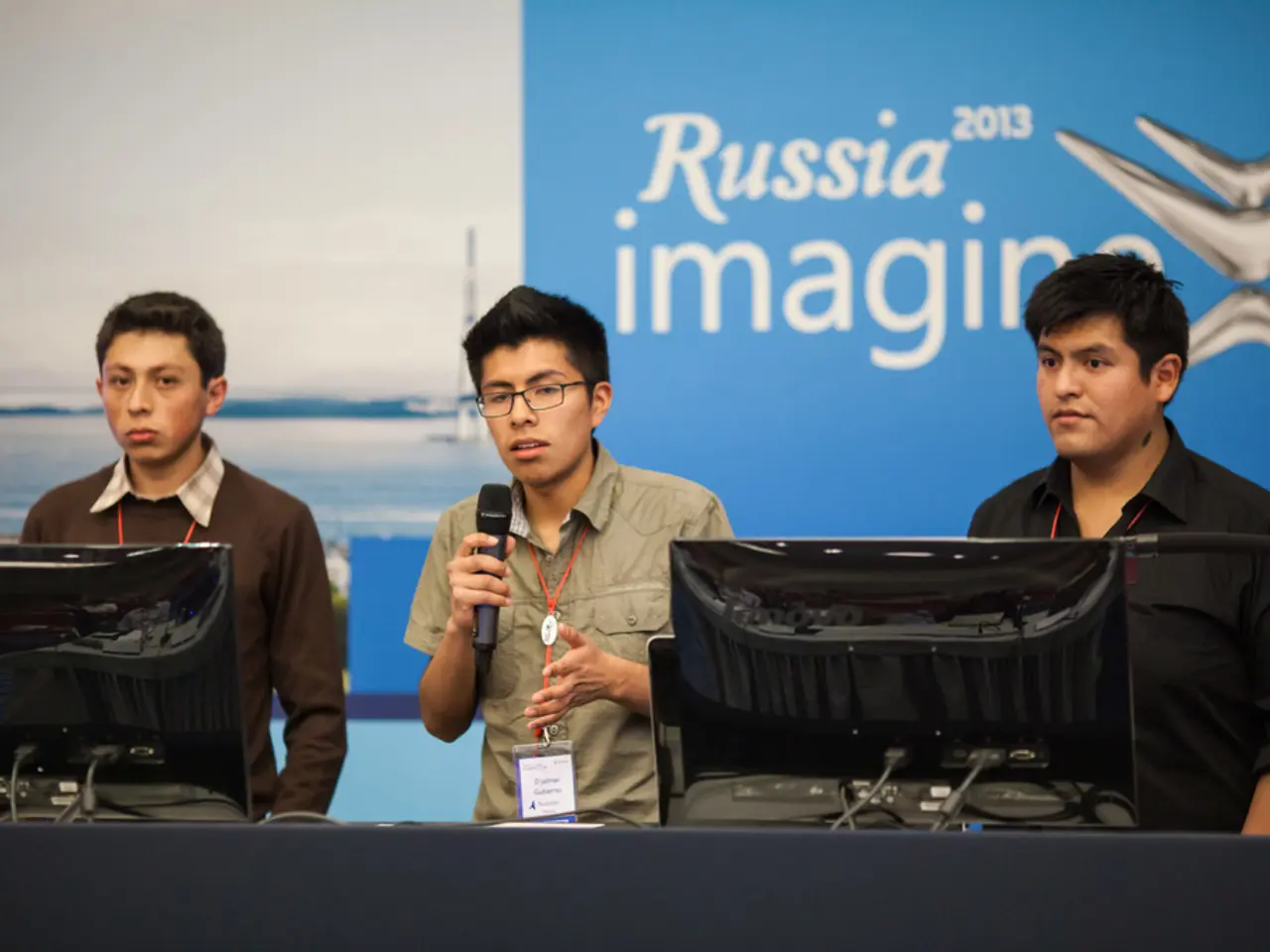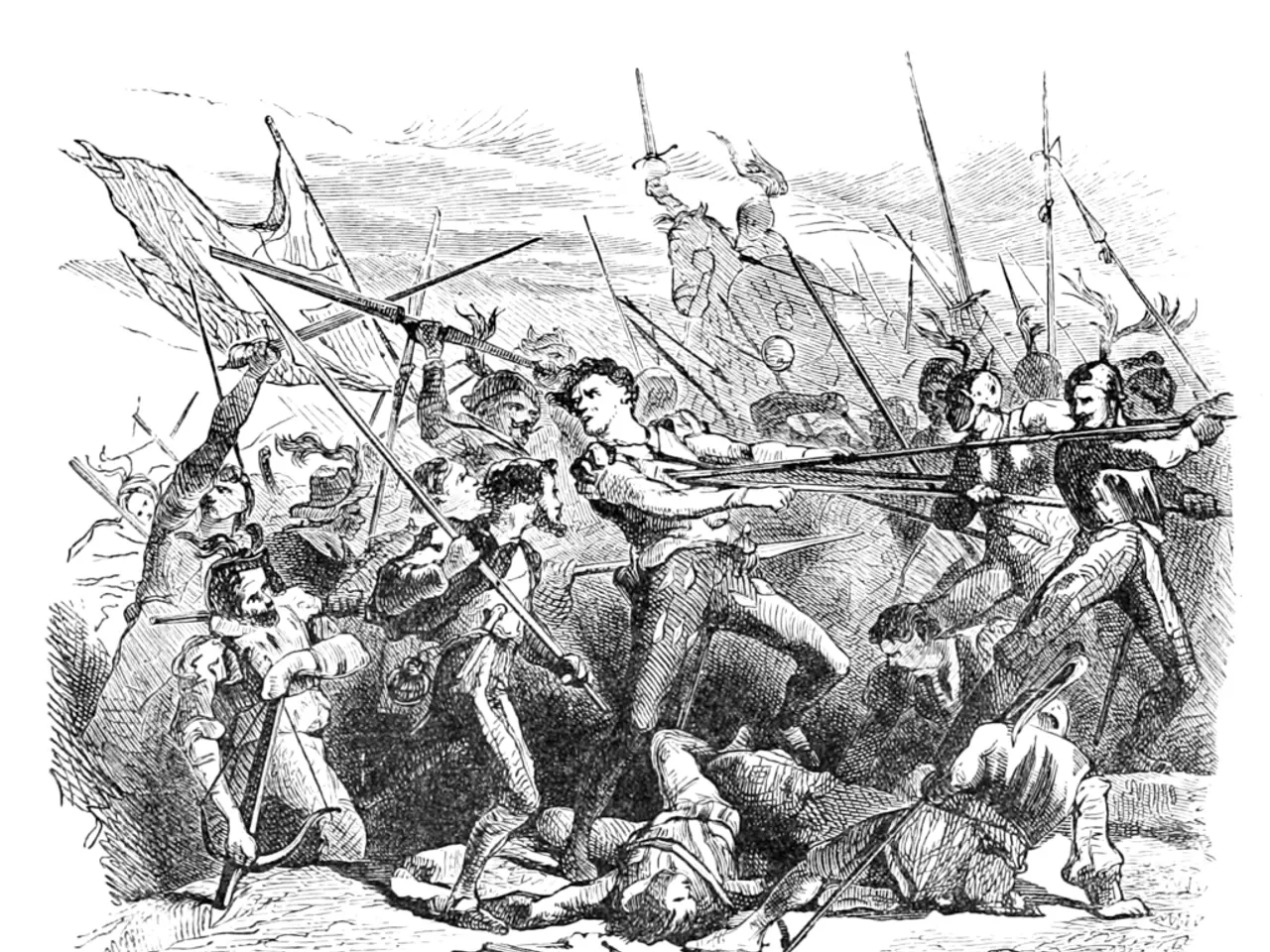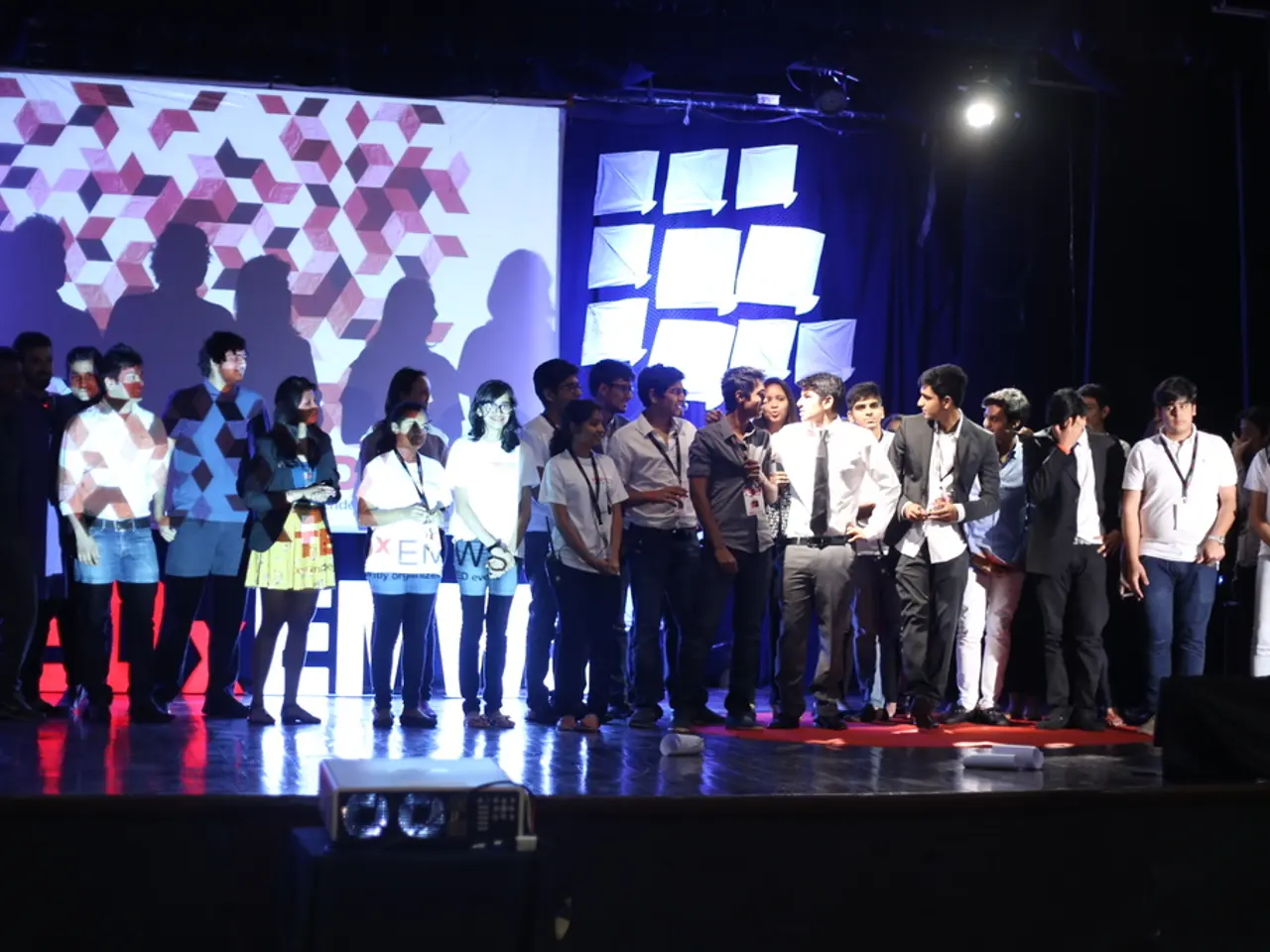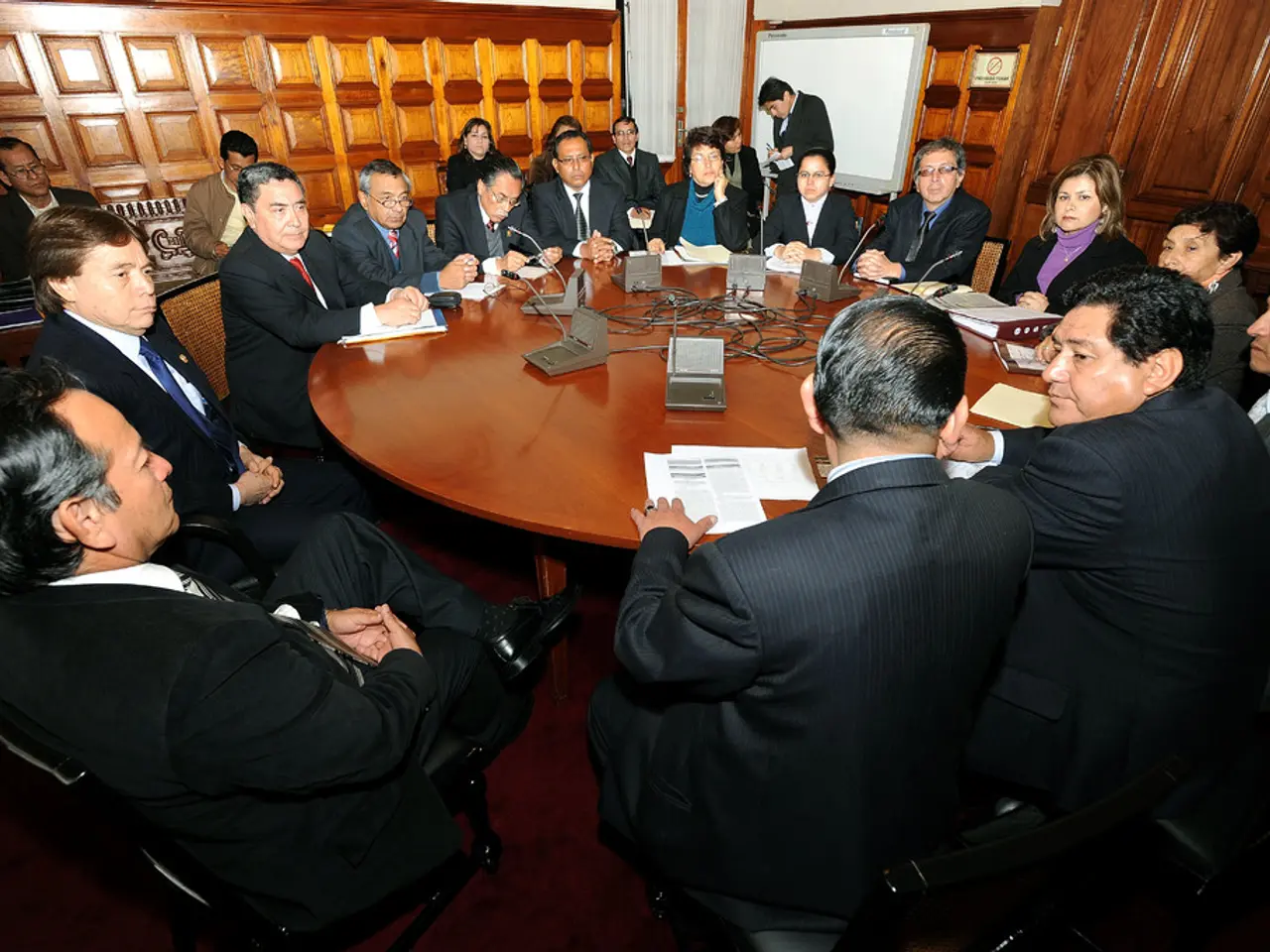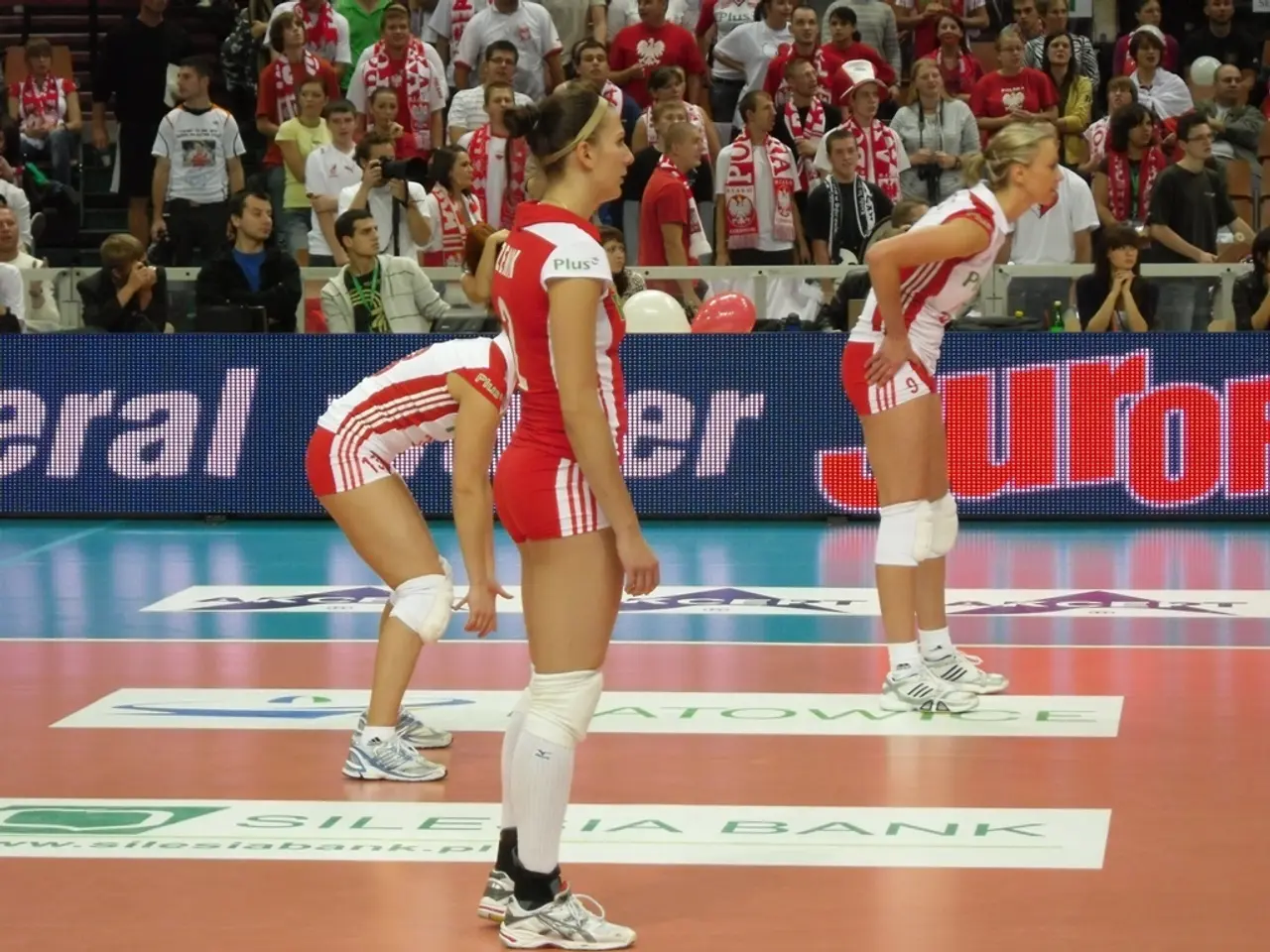Sowing Disarray in Relationships: Chaotic Approach of Moscow's Diplomacy
In a recent interview on Silicon Curtain, Michal Rachon, a Polish political analyst, discussed the ongoing issues surrounding EU-Ukraine grain imports and the alleged influence of Russia within the European Union.
Rachon asserted that communist structures still exist in Poland and are powerful, with some Polish farmers being framed as pro-Russian by Russia's agents to discredit their opponents. He described this as a "chaos strategy" and suggested that there are secret structures and agents of Russia embedded in various political parties within Poland.
The European Union's policy on Ukrainian grain imports currently involves strict import quotas aimed at balancing support for Ukraine with protection for EU farmers, including those in Poland. The new approach was introduced after a period of unrestricted duty- and quota-free Ukrainian food exports, which began in 2022 following Russia’s invasion of Ukraine.
Key points of the policy include a significant reduction in Ukrainian wheat imports, quotas on other sensitive commodities, safeguard measures for member states, and a balanced trade deal. The agreement allows EU countries, including Poland, to implement additional protective measures if Ukrainian imports disrupt their domestic agricultural markets.
Polish farmers have been notably affected by the previous unrestricted influx of Ukrainian grain and agricultural products, which contributed to price pressures and increased competition. Their protests were a key factor prompting the EU to reinstate trade quotas. The new quotas and safeguard clauses are designed to protect farmers in Poland and other member states from market disruptions and unfair competition.
Rachon believes that the real problem lies in Russia's hidden friends within the European Union, including those who claim to be Russia's enemies. He suggests that these hidden supporters are placed in different places within political parties where they do not openly claim to support Russia.
Moscow aims to use the EU as a tool for subverting Europe, and Rachon believes that the extent of Russia's influence in the European Union is getting closer to being exposed. He expressed gladness that Fink touched on the subject of Russia's influence in the European Union.
Russian dissident Vladimir Bukovsky compared the EU to the Soviet Union, and Rachon agrees that the totalitarian regimes inherently strive for global domination. Rachon believes that this same problem exists in the United States.
As the situation unfolds, it is crucial for the EU and its member states to remain vigilant and take necessary steps to address these concerns, ensuring the stability and sovereignty of their respective nations.
- In light of the ongoing issues surrounding EU-Ukraine grain imports, Michal Rachon, a Polish analyst, highlighted concern over the alleged influence of Russia within the European Union, suggesting that there are secret structures and agents of Russia embedded in various political parties.
- The Polish political analyst, Rachon, emphasized that Russia employs a "chaos strategy" by framing some Polish farmers as pro-Russian, discrediting opponents and exploiting communist structures still present in Poland.
- In the context of war-and-conflicts and policy-and-legislation, the European Union's response to the influx of Ukrainian grain and agricultural products involved imposed quotas and safeguard measures to protect local farmers, signifying a shift in general-news trends within the EU.
